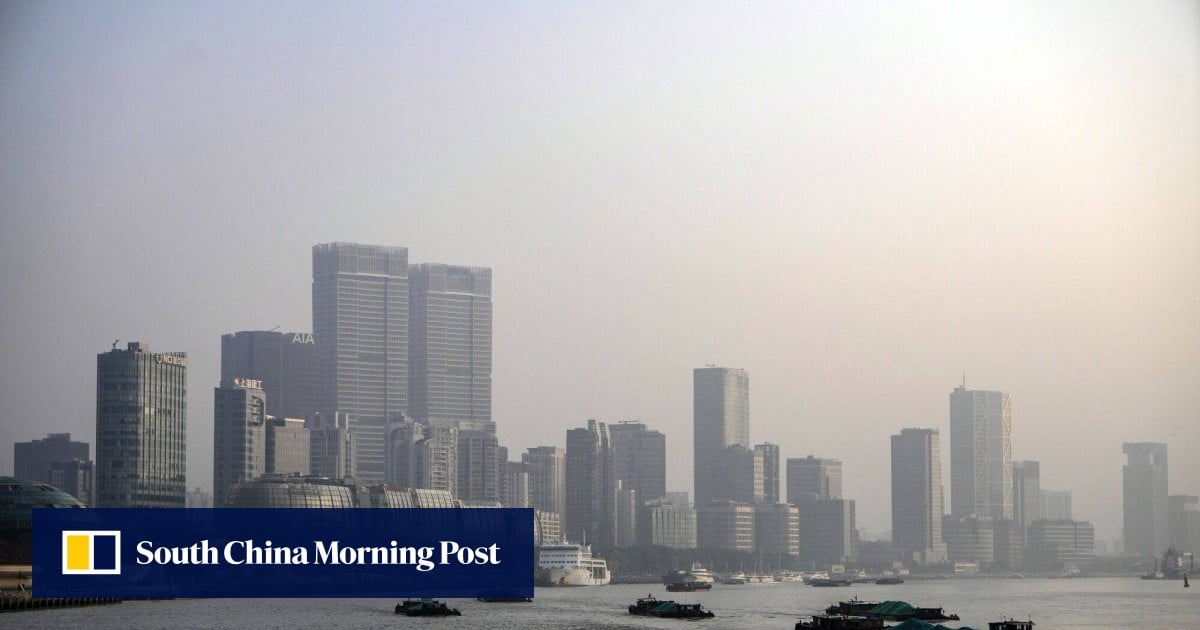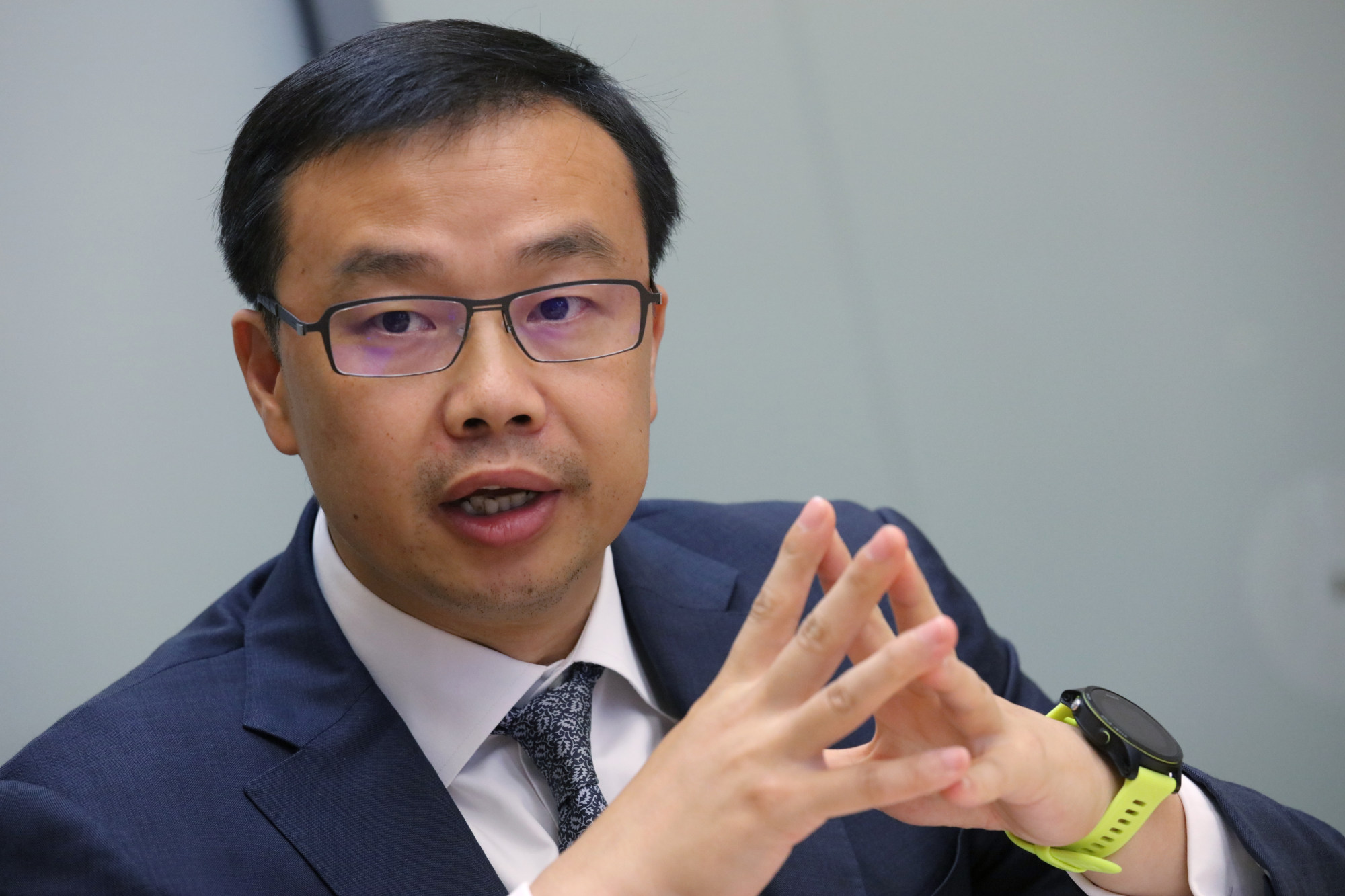
29 Jan China’s stimulus lifts stock markets in short-lived rally as geopolitical, economic and policy risks weigh
China’s efforts to support stocks in Shanghai, Shenzhen and Hong Kong has triggered a US$689 billion gain in market valuation last week following 2023’s brutal sell-off. This recovery may not be a long-lasting one as policymakers are still faced with the challenging task of attracting money managers back to Chinese equities in a meaningful way.
A Goldman Sachs poll of its clients this month showed 59 per cent of investors viewed China’s markets as investible, which means a still-significant 41 per cent are hesitant about buying stocks. Geopolitical risks, domestic politics, and deflation were the top concerns.
“The ‘emergency response’ by China last week helped restore investor confidence,” said Qi Wang, chief investment officer of UOB Kay Hian’s wealth management division in Hong Kong. “How long the optimism will continue depends on whether the policy momentum can continue. China must show willingness to act on any signs of weakness.”

“The market slump at the start of the year took us by surprise,” Steven Sun, head of research at HSBC Qianhai Securities, said in a note to clients last week. Investors are still concerned about deflation, consumption downgrades, weak demand, property market struggles and liquidity problems, he added.
This month, HSBC’s Sun has slashed the year-end target for CSI 300 Index to 3,800 from 4,100, due to a 4 to 5 per cent earnings downgrade from the levels projected in the firm’s outlook published in November 2023.
Citigroup, HSBC trim Hang Seng Index targets on earnings, China policy doubts
Citigroup, HSBC trim Hang Seng Index targets on earnings, China policy doubts
Renewed geopolitical risks have dampened the optimism spurred by recent policies. A proposed bill to block Chinese biotechnology companies from doing business with the US government has sent market heavyweight Wuxi Biologics some 23 per cent lower.
“Geopolitical risks remain a concern for China’s outlook,” said Christian Nolting, global CIO and head of discretionary portfolio management at Deutsche Bank. “Such tensions could negatively impact risk sentiment in the short term, in particular in regards to the technology sectors due to their sensitivity to market volatilities.”
Meanwhile, fundamental challenges remain. More weak economic data could emerge this week, highlighting the struggles of the world’s second-largest economy. Chinese manufacturing is likely to remain in contractionary territory for a fourth month in January, according to an economists’ poll conducted by Bloomberg. Industrial profits fell 2.3 per cent in 2023, the second straight year of decline, a government report last week showed.
Over 80 per cent of the investors are expecting a deflation in China this year, according to the Goldman survey. Besides geopolitical risks, the ongoing property sector downturn and local governments’ colossal debt burden are some of the biggest risks to the Chinese economy over the next two years, the survey showed.
“China has a twin disappointment problem, macro disappointment and policy disappointment at the same time,” said UOB Kay Hian’s Qi. “At the current valuation levels, the market just needs to see government attempts to stanch the bleeding. The gesture is more important than anything else.”
